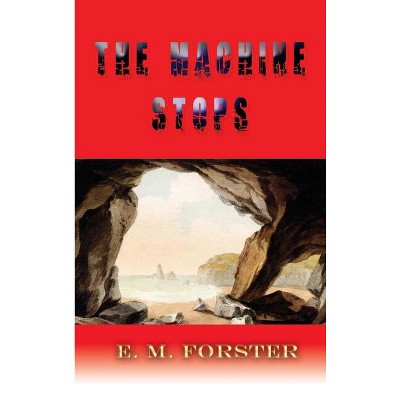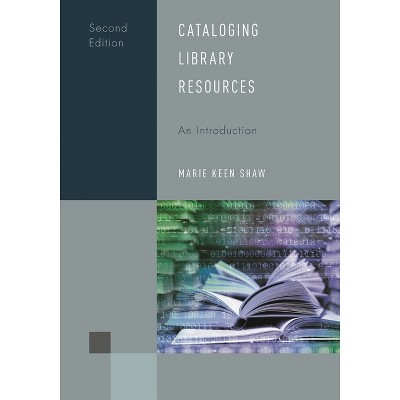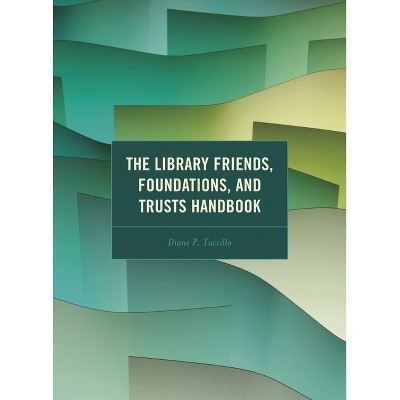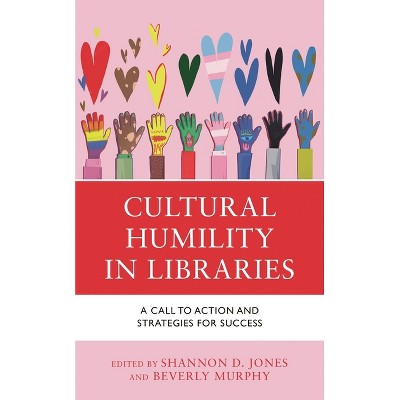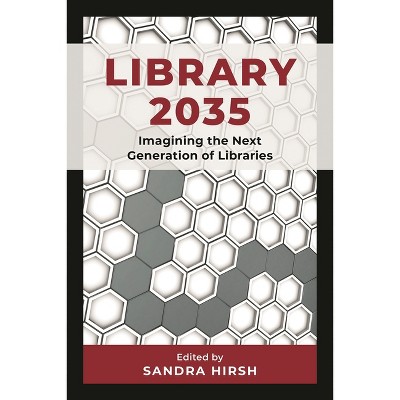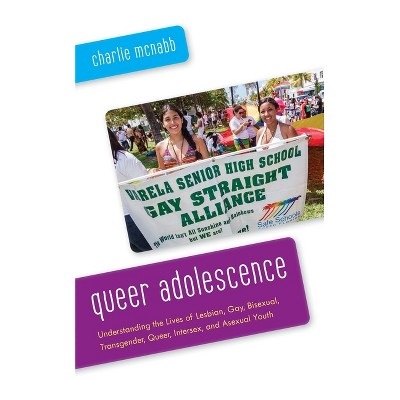Sponsored

Dark Side of Our Digital World - (Lita Guides) by Andrew Weiss (Paperback)
In Stock
Sponsored
About this item
Highlights
- This book will help readers identify strategies to understand, avoid and handle fake news, misinformation, disinformation, information overload, surveillance and privacy loss, cyberbullying, hacking and other security flaws, and online and IT behavioral conditioning.
- About the Author: Andrew Weiss is a digital services librarian at California State University, Northridge.
- 282 Pages
- Language + Art + Disciplines, Library & Information Science
- Series Name: Lita Guides
Description
About the Book
This book will help readers identify strategies to understand, avoid and handle fake news, misinformation, disinformation, information overload, surveillance and privacy loss, cyberbullying, hacking and other security flaws, and online and IT behavioral conditioning.Book Synopsis
This book will help readers identify strategies to understand, avoid and handle fake news, misinformation, disinformation, information overload, surveillance and privacy loss, cyberbullying, hacking and other security flaws, and online and IT behavioral conditioning.Review Quotes
RECOMMENDED. . . [Weiss] explores the many ills that accompany modern internet-mediated society, from data loss to trolling to surveillance capitalism. Weiss presents these as what he calls "information pathologies," and in discussing them he compares the visible and underlying issues in information to the symptoms and root causes of a disease. . . . Weiss's overview of all these problems would be useful for readers looking for an entry point into this community of thought.
In Big Data Shocks (2018), Andrew Weiss had already started to take a critical and sophisticated view on the shocking nature of the digital reality we have created. In The Dark Side of Our Digital World, he takes the logical next step, and goes way beyond librarianship, and into some of the most fundamental building blocks of the shadows of the technological paradigm that characterizes our generation. In a refreshing and easy-to-read style, he interweaves up-to-date examples from current events, with long-standing concepts from academic research. From nudging, to surveillance, to deep fakes, to the role of 'bots, to the future of democracy, Andrew Weiss take readers on an enjoyable journey that invites to reflect on a series of naturally arising questions: "Do we make our own decisions?", "Why is it hard to quit?", "Do you want the carrot or the stick?", "What is truth?", "Mind over matter, or matter over mind?", "Freedom or safety?", "Who watches the watchman?", "Whose culture is it, anyway?", and most pressing "What are we going to do about it?". Each one of us will have to answer the questions that arise from this book, first for ourselves, and then, for the sake of helping us all to find a sustainable way forward. It is the inexcusable responsibility of each user of digital technology to be informed about the Dark Side of Our Digital World: And What You Can Do about It.
The Dark Side of Our Digital World covers a challenge that is not just timely, but will be with us for the rest of our lives. In an easy to read, but informative manner, Weiss masterfully lays out how your Internet experience, and how you act and believe, can be shaped from afar. If knowing is half the battle, this is a valuable resource to fighting back.
About the Author
Andrew Weiss is a digital services librarian at California State University, Northridge. His work is mainly concerned with developing our open access institutional repository and scholarly communication services for CSUN's faculty, staff and students. He helps with the collection of open access faculty publications, ETDs, university archives, data management and data management planning. He also provides guidance and informal advice about copyright and publisher's agreements.
Andrew's area of research investigates digital publishing, digital collections, massive digital libraries (MDLs), and, lately, big data and information pathologies - including privacy, fake news and the proliferation of misinformation. He has written a previous book, Big Data Shocks, and numerous peer-reviewed articles and conference proceedings about MDLs, Big Data, privacy, open access, and so on. Additionally, Andrew has written about Open Access and the issues of scholarly communication, too, which also fit within the movement of open science and data management. As a long-time librarian, Andrew believes balancing the need for privacy with creating public personae in the digital world will continue to be a central problem for our profession.Shipping details
Return details
Frequently bought together
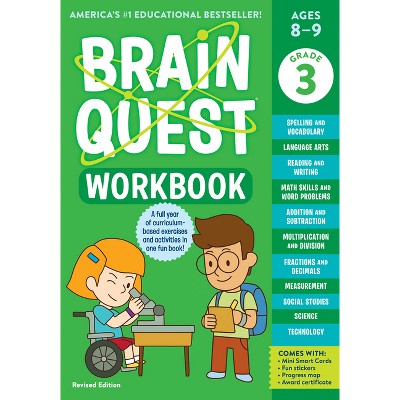
Trending Non-Fiction







